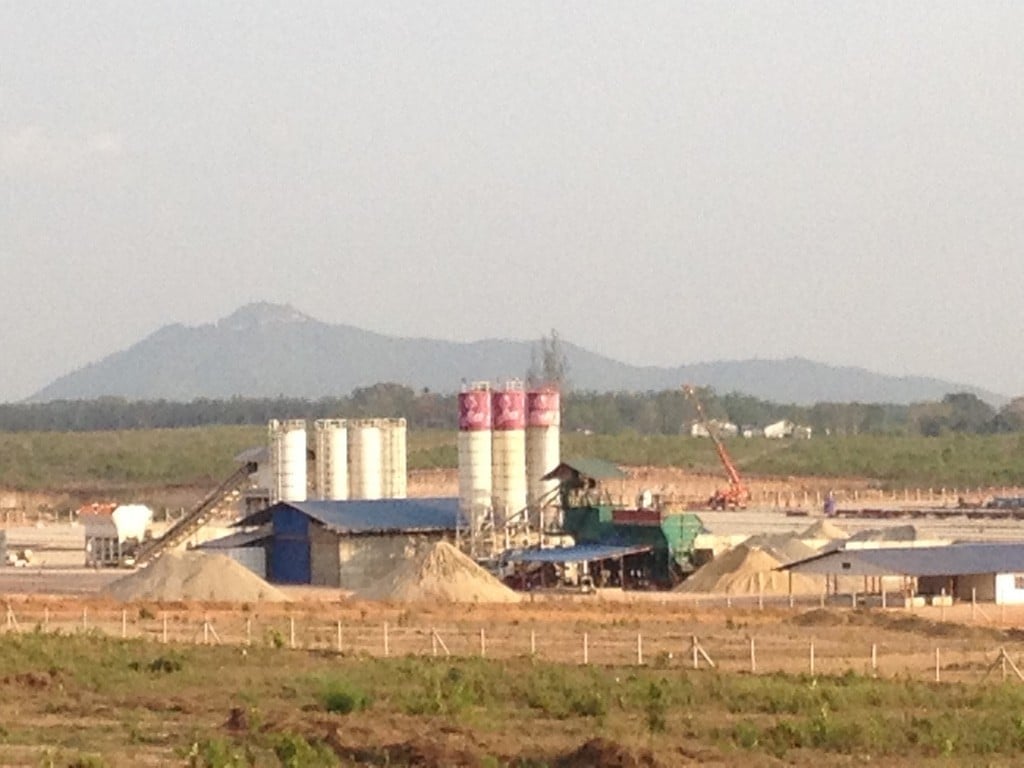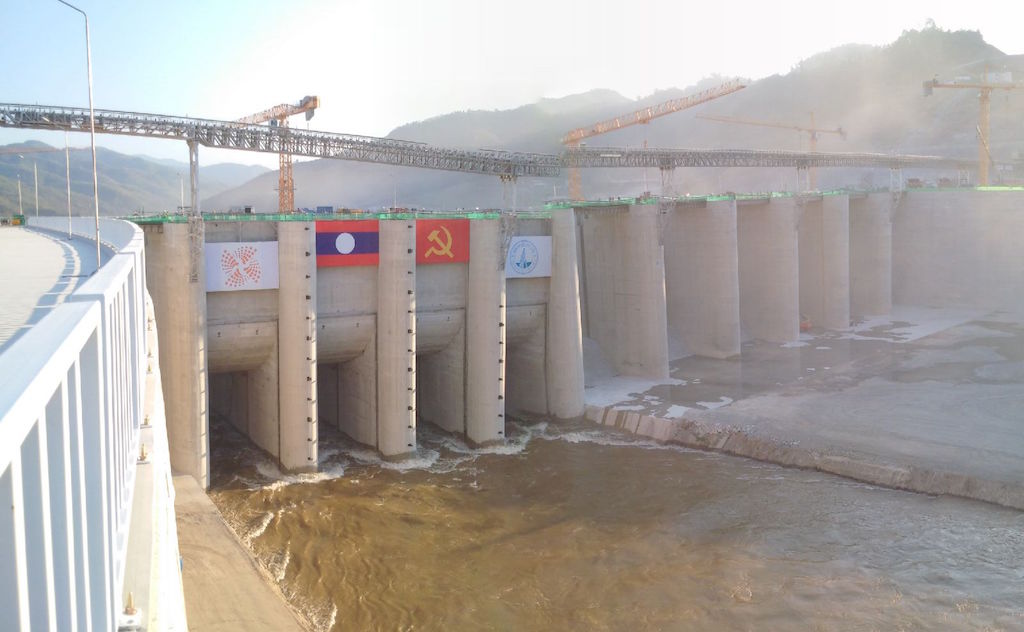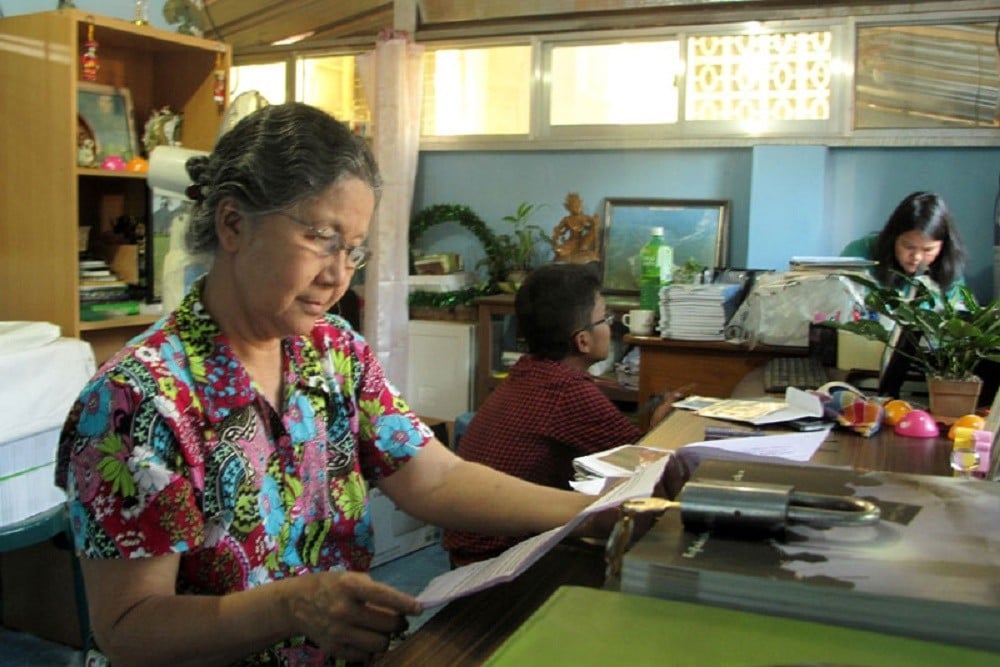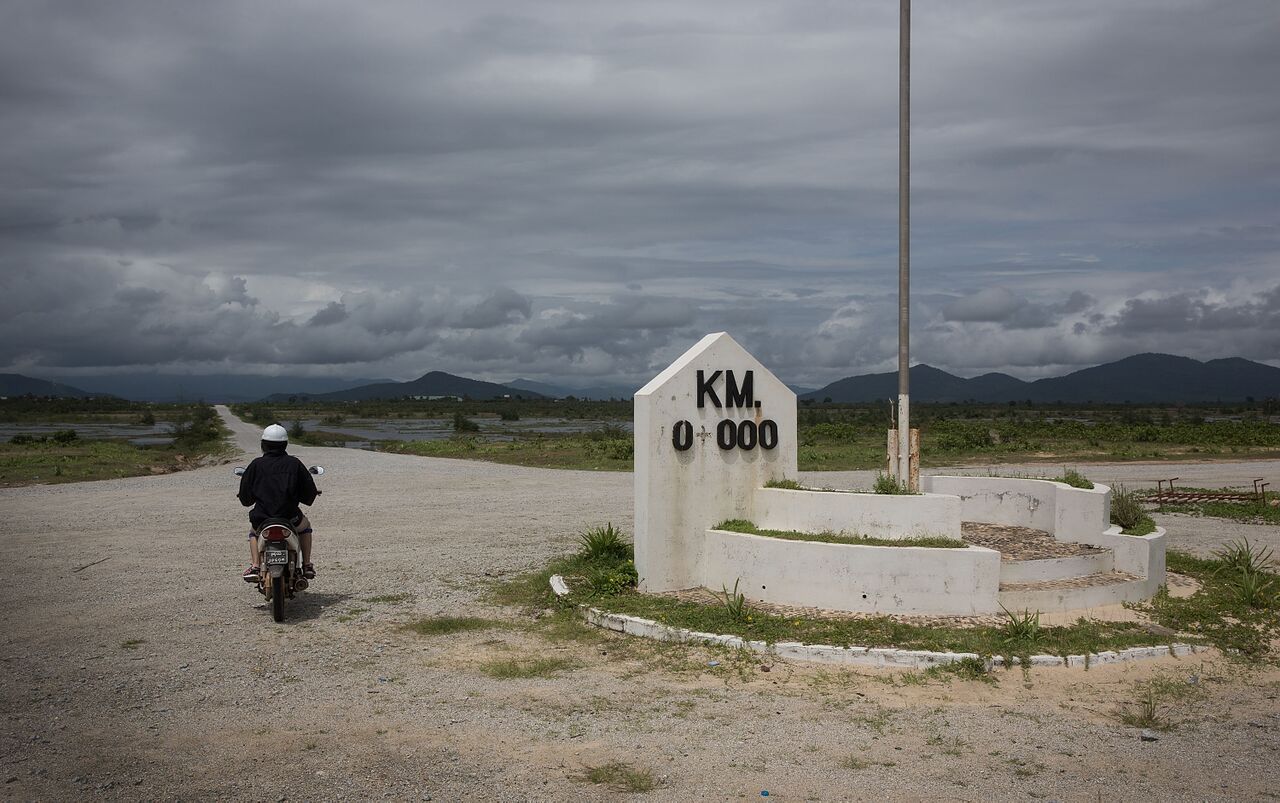A public seminar entitled “Myanmar’s Special Economic Zones (SEZs): Opportunities or Threats to Local Communities” attracted regional development specialists to Rangoon this week, including Penchom Saetang, Director of Ecological Alert and Recovery Thailand (EARTH).
In her work as a community and policy advocate, Saetang fights for corporate and government accountability concerning health and environmental problems from industrial pollution.
As Burma is developing three SEZs in Arakan State and Rangoon and Tenasserim divisions, respectively, problems have been highlighted concerning land confiscation, a lack of public consultation and forced relocation.
The Irrawaddy’s Yen Snaing spoke with Saetang about Thailand’s experience promoting industrialization, and what experiences Burma might be able to draw upon from its neighbor.





